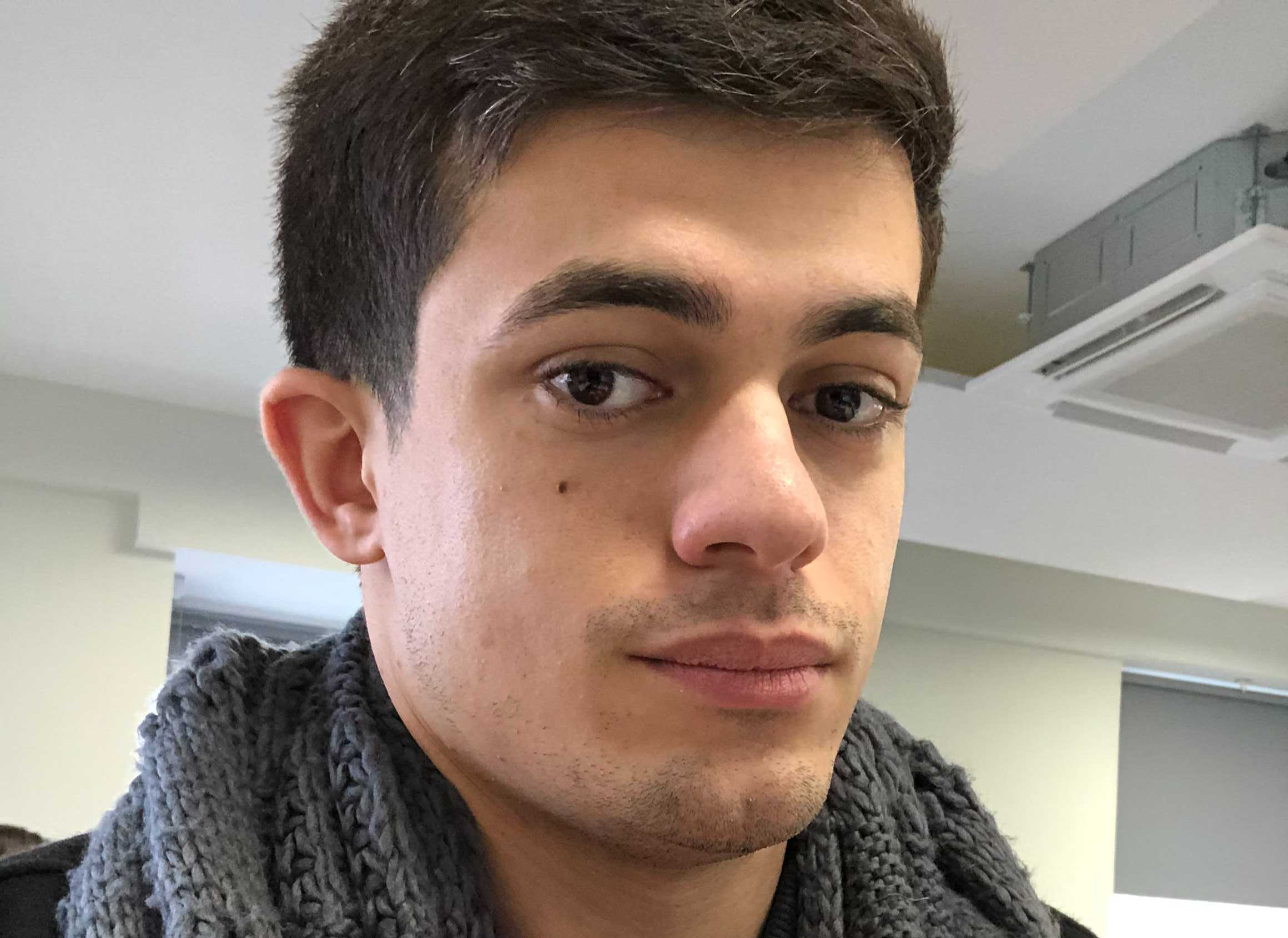How Gravity Well, a new studio led by two Titanfall and Call of Duty veterans, wants to "disrupt the status quo" for the next-generation of gaming
Drew McCoy and Jon Shiring reveal more about their new development team after leaving the world of Respawn
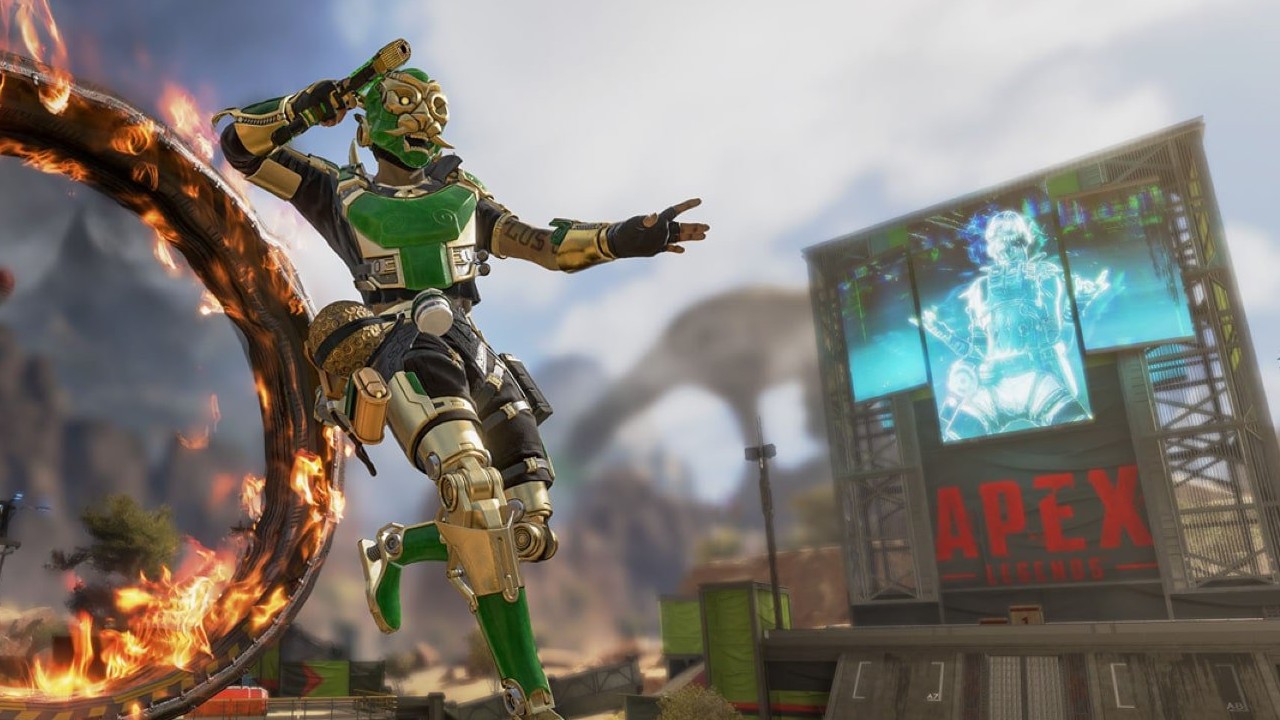
Shipping Call of Duty: Modern Warfare, Titanfall, Titanfall 2, and Apex Legends makes for one hell of a resume. Reading those four games out loud is like going through the beginnings of a Greatest Shooters of All Time list, stretched across decades and console generations alike.
And now, two key minds behind those four games are striking out on their own. After spending 14 years working together under publishers Activision and EA, Drew McCoy and Jon Shiring have formed Gravity Well Games – a small independent studio that the duo believes can explore bold new creative ideas in the AAA space without compromise. To learn more, we spoke to McCoy and Shiring on their split from Respawn Entertainment, and goals for the future.
Leaving Respawn behind
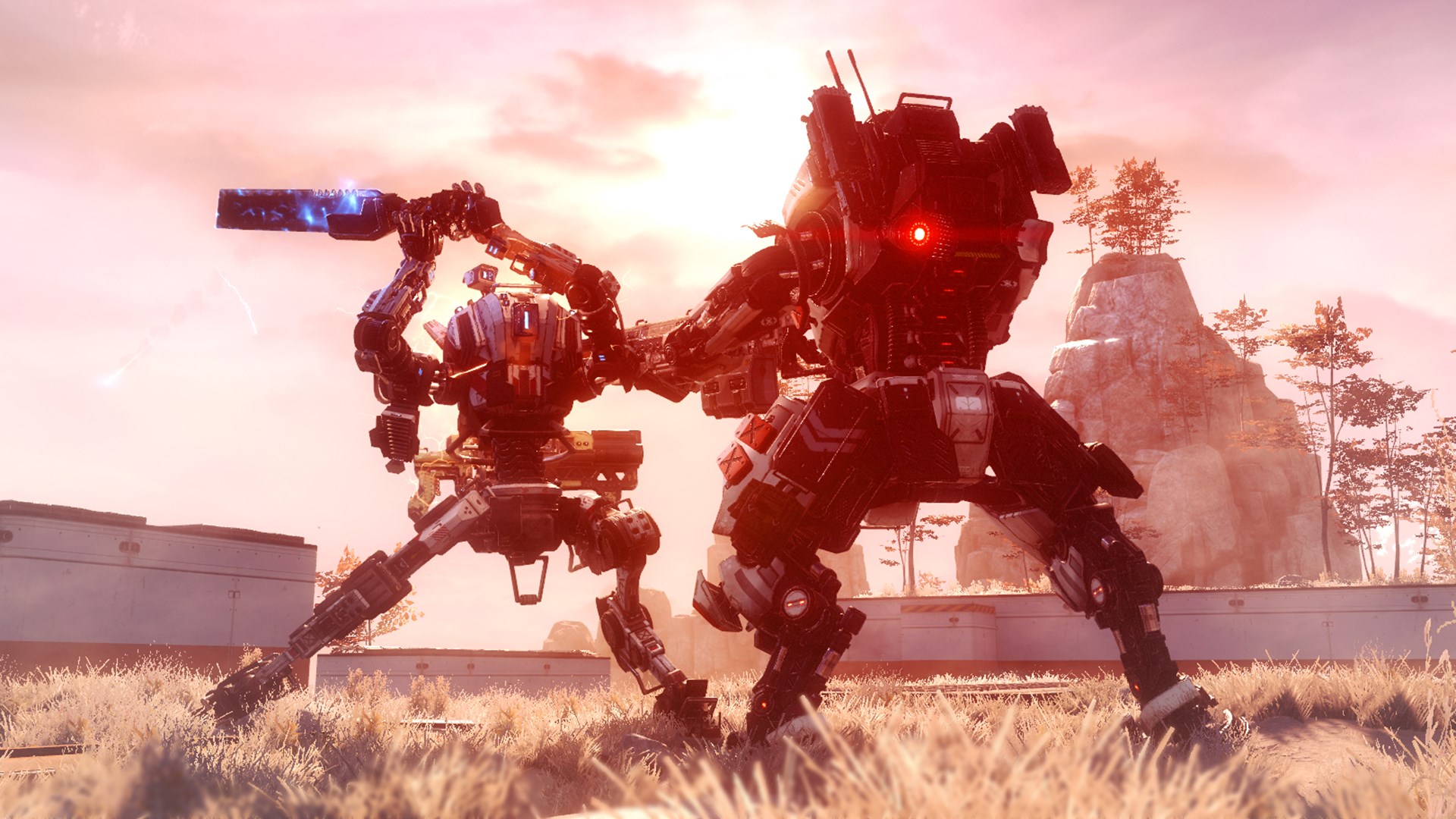
You might not recognise their names, but you've probably felt the influence of McCoy and Shiring's input. McCoy was instrumental in helping get Respawn Entertainment off the ground and eventually shipping its debut game, Titanfall, in 2014,while Shiring was responsible for the net code and online services for all of the studio's games. It’s fair to say that when it comes to developing AAA online shooters games, the pair have seen it all.
McCoy and Shiring announced their departures from Respawn Entertainment in early 2020, after a decade with the studio. That decision wasn't born out of any bad blood between old colleagues, but rather a desire to try something new. "First of all, Respawn is an awesome studio, and they will keep making amazing games," Shiring tells me. "We still talk to Vince Zampella and the rest of the team over there, and we miss the amazing folks that we worked with."
"For me, I think ten-plus years in basically the same role is a long time, and I wanted to grow," he continues, touching on the ways that Respawn has changed over the last decade. "On a live service team, everyone is moving as fast as they can because players always want constant change. Maybe turning 40 and starting a family made me fear doing the same thing for another ten years, but I was ready to force myself out of that comfort zone."
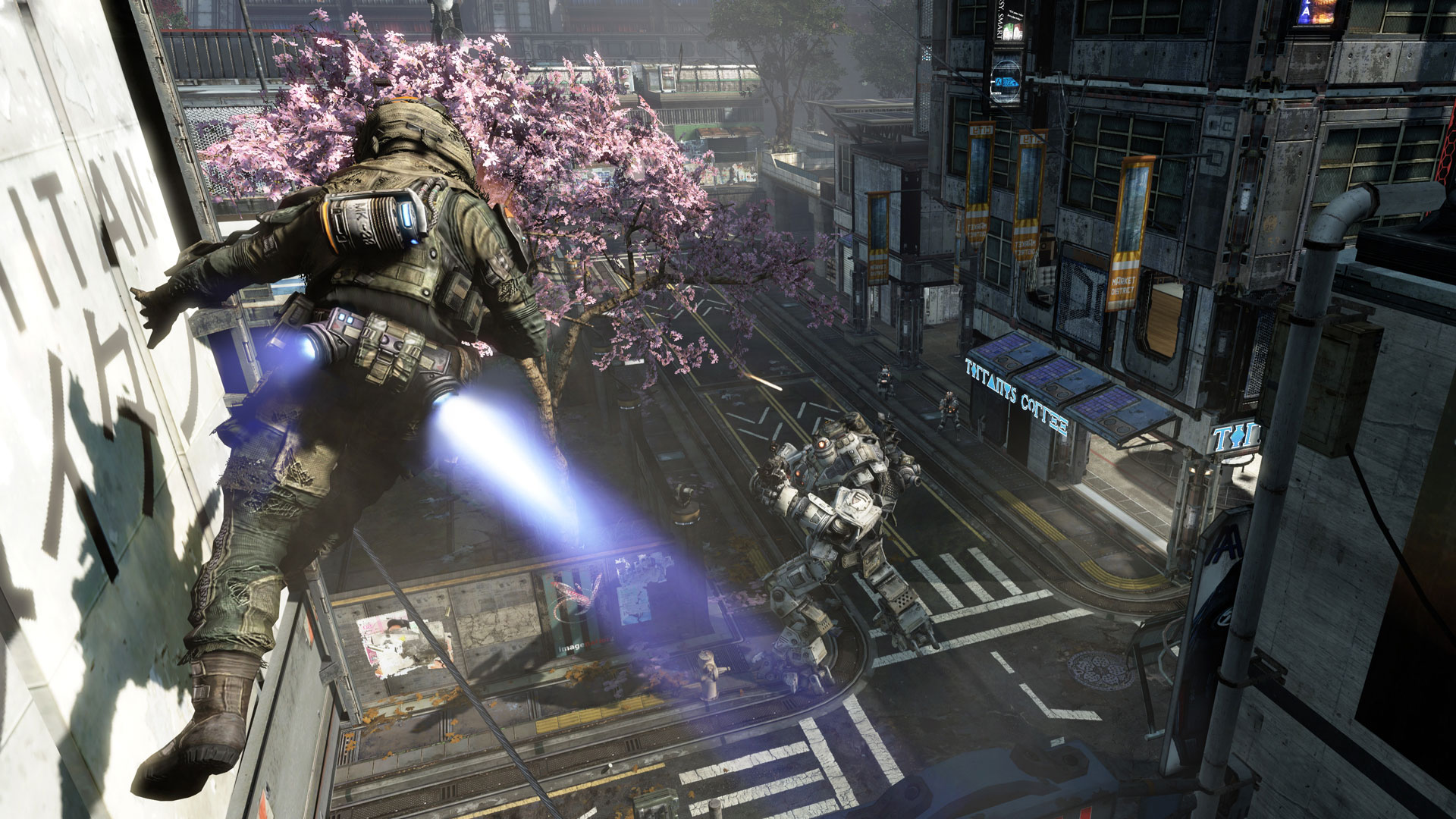
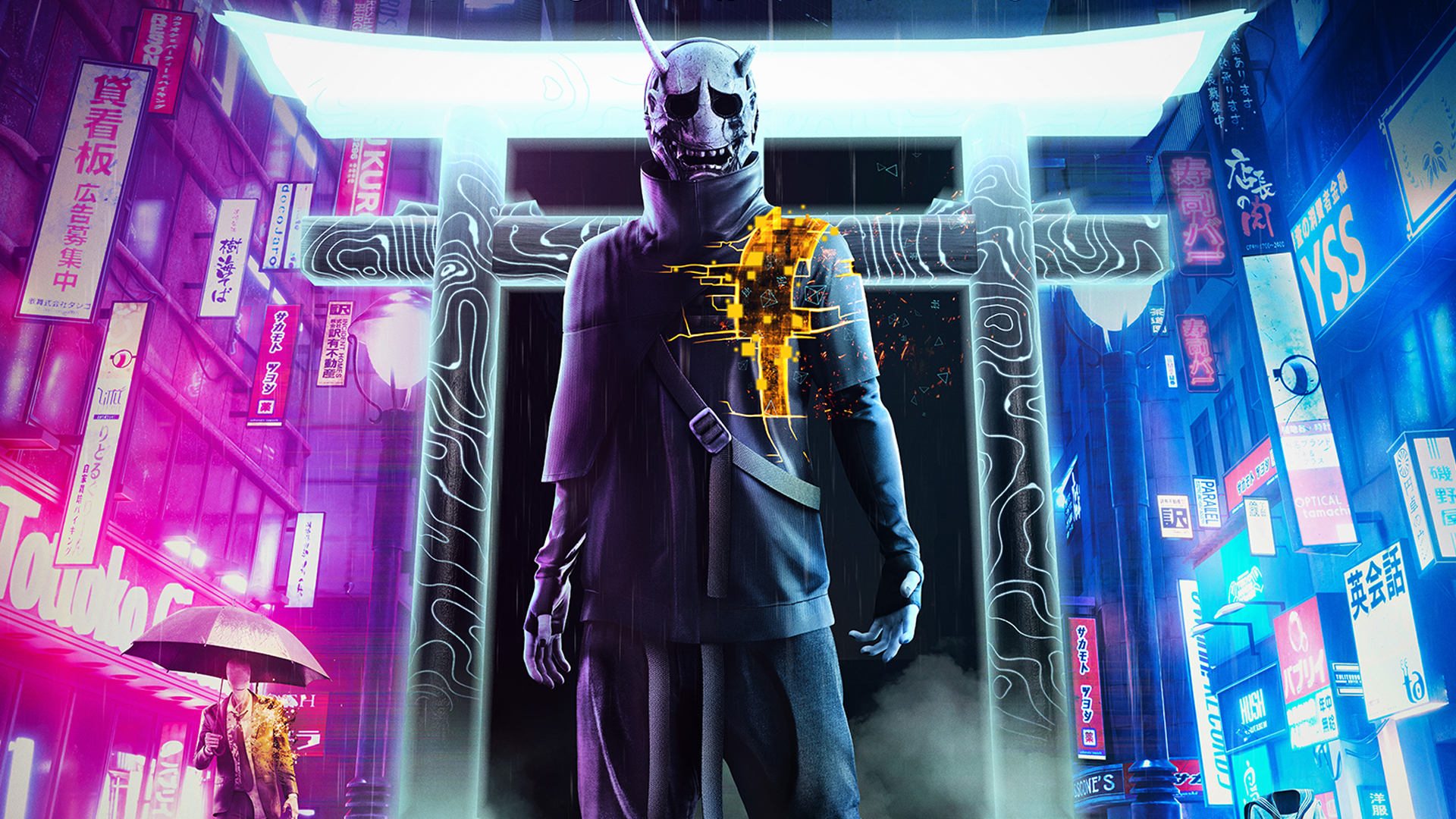
For McCoy, things were a little different. "I was given a lot of great opportunities to step up and grow during my time at Respawn. I went from being a one-stop-shop for both IT and production during the first Titanfall, transitioned to full time production on Titanfall 2, and was promoted to run the entire project for Apex Legends," he tells me.
"After handing over the reins to Chad Grenier, I took a step back and evaluated if I was getting what I wanted from my career. There’s a lot of benefits that come from being a larger studio, as well as being under a big publisher like EA, but the culture invariably changes as the company changes. Personally I really enjoyed the earlier days at Respawn, and Infinity Ward before that, when we were a small and scrappy team."
Sign up to the GamesRadar+ Newsletter
Weekly digests, tales from the communities you love, and more
After taking a look around and finding that nothing out there truly excited them, Shiring and McCoy discovered that they were both after something similar: "a smaller team that is trying to build something new and exciting." McCoy floated the idea of starting a brand new venture, and Shiring was instantly sold.
Introducing Gravity Well Games
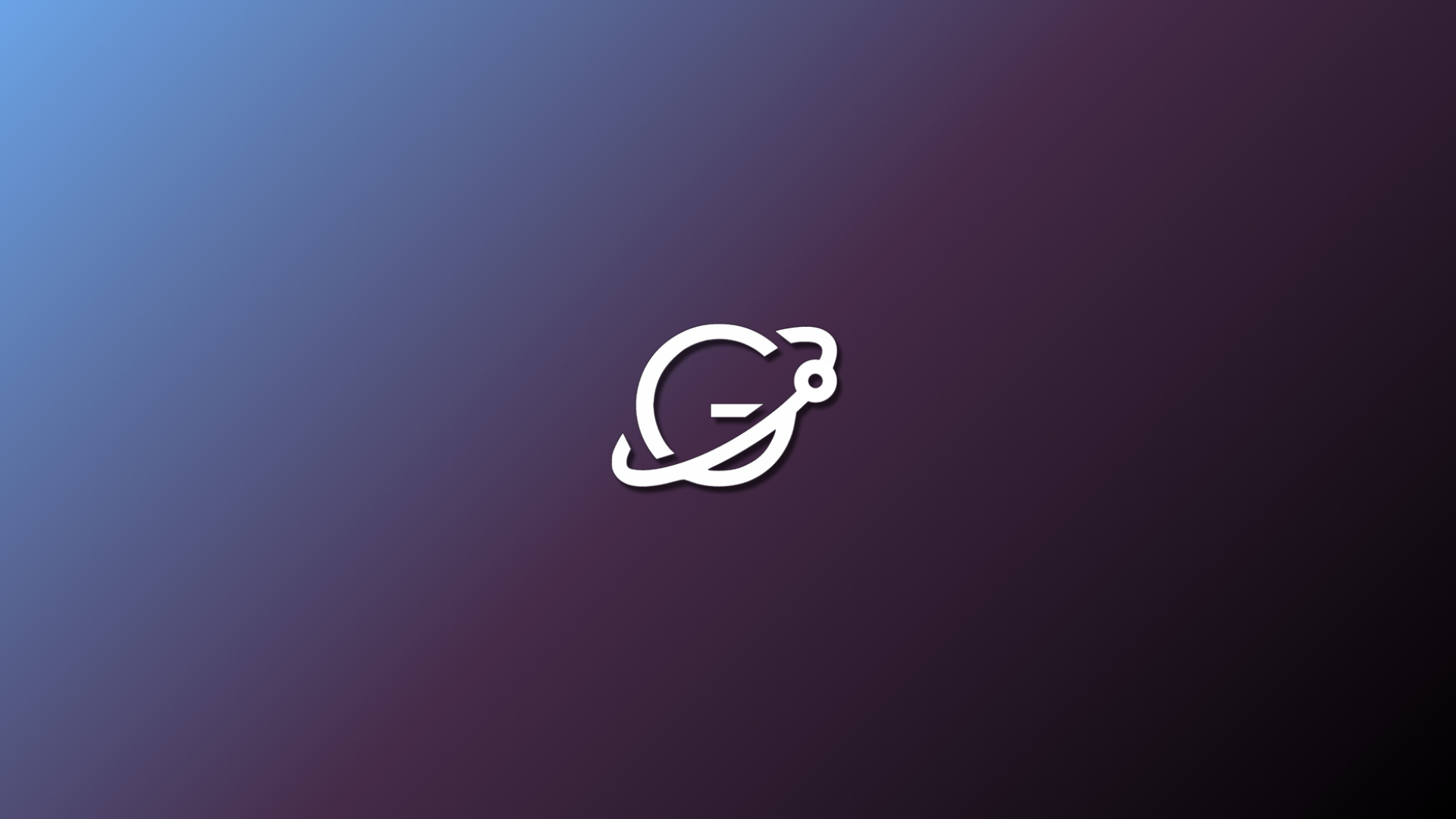
It wasn’t too long before things became a little clearer, as the pair announced their next venture in May 2020: Gravity Well Games, a brand new studio looking to create AAA adventures for next-gen consoles. One thing caught my eye in Gravity Well’s announcement – every single role is entirely remote.
Gravity Well didn’t start out as an entirely remote studio, but changed tactics once the pandemic began. "We were excited to find a cool office here, and thankfully we hadn’t signed any leases when lockdown hit," says Shiring. "So we’re just rolling with it, and finding what would be the best way to start a new studio. It’s a learning process for us, and it’s kind of comforting that most of the industry is going through this same process together."
"The benefits are really interesting – by not having racks of servers in an office, we can rethink that so we can just host in the cloud, and spin up jobs to do things that we need," he continues. "Some companies build out huge infrastructure at the office to do parallel work, but they just can’t scale up to be as wide as a cloud provider can, and often for a lower total cost. So it opens up new opportunities for speeding up development, with a different set of trade offs."
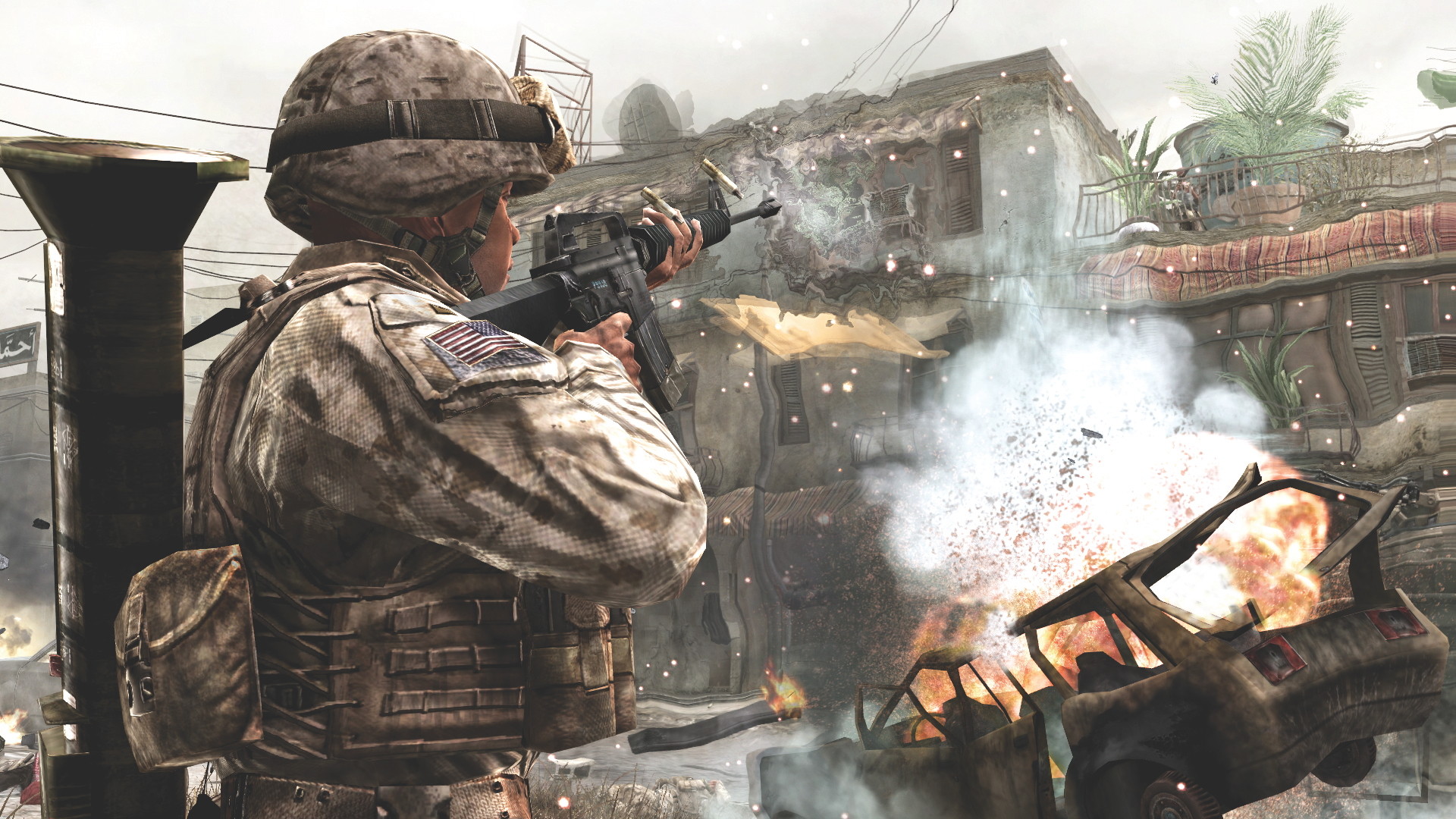
I can’t help but wonder what the hiring process has been like for Gravity Well so far. Remote developing must surely be enticing, especially with COVID-19 raging in the western hemisphere, and Shiring says that "what we’ve found with being open to remote developers from everywhere is that we’re getting supremely qualified candidates"
"On the flipside, though, dealing with the logistics of working on a AAA game from home are pretty tough," Shiring admits. "The bandwidth needed to work on huge assets quickly becomes a big bottleneck. This is definitely an area where being part of a larger organization could pay off big time. I’m already fearing our total cloud hosting bill by the time our first game is done."
Right now, the pair are focusing on prototyping games with tiny development teams of 15 to 20 people. Gravity Well will grow exponentially from here though, as Shiring tells me they plan on growing to around 80 people by the time their debut game ships. "We’re looking for a very experienced team to do rapid prototyping," says Shiring. "While also looking for some less experienced candidates who can be there from the start to grow with us and be the old guard when we hire up post-prototype."
Investing in the future
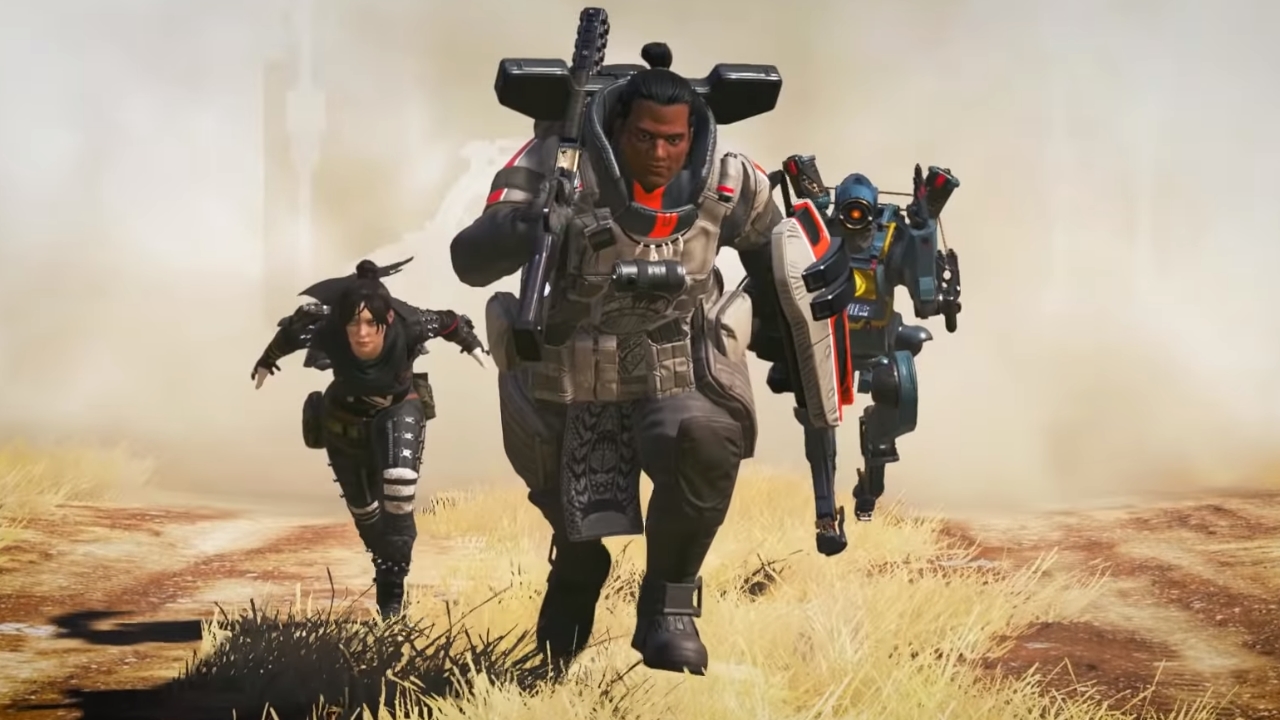
But what could this new game from Gravity Well actually be? After the pair realized that publishers would only pick up the phone if they had an actual game pitch, McCoy and Shiring came up with an idea together, and have been busy pitching it over the summer to various potential partners. They’re both "careful to explain to publishers that the pitch will change, and it’s an initial vision and not a final design," but both leads want the team to "try things and see what works, and cut everything that doesn’t so we can lean in on the fun stuff".
"If you look at it we’re in a really wild time in the industry with massive growth in all directions," Shiring continues. "There’s a lot of opportunity for new ideas to disrupt the status quo, and generally players are hungry for new stuff. We haven’t heard of anyone working on something like what we’re doing, so we’re excited to see if we’re making the right bets!"
When you look at the careers of both McCoy and Shiring, it’s hard not to assume they’ll be working on a shooter, given their history with Call of Duty and Titanfall. But the pair could be leaning into slightly new territory, as they "don’t want to do a by-the-book shooter," with Shiring teasing that "whatever you think we’re doing is probably not quite what we’re up to".
Whatever the pair are interested in, it’s well worth paying attention to. Unchained from big publishers after decades of experience, McCoy and Shiring are putting together an experienced team across countries and continents, and pushing for a better quality of work/life balance to help achieve something truly unique.
No room for crunch
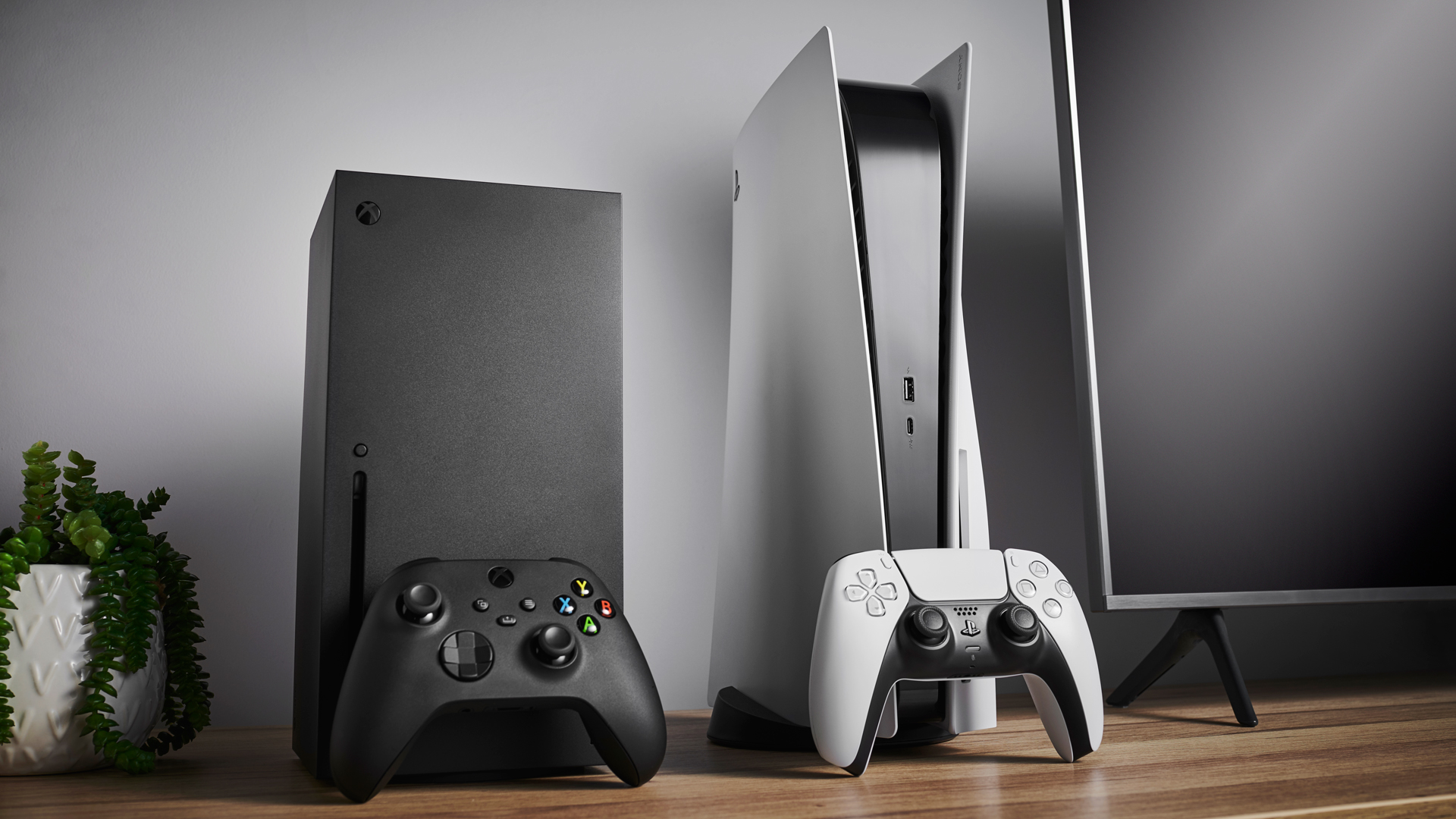
"There’s a lot of opportunity for new ideas to disrupt the status quo, and generally players are hungry for new stuff"
Jon Shiring
Gravity Well also has another mission statement, and it’s one that McCoy talks pretty openly about on the studio's website: eliminate crunch, the process of burning oneself out through near-constant work over weeks and months. "You have to be ruthless with scoping your game down constantly," McCoy tells me. "The trick is to ensure you know exactly what your game is trying to accomplish and to stay focused on that."
Crunch is something that McCoy is overly familiar with. While he "wasn’t always able to have the team avoid crunch at Respawn," there was a "huge and honest effort" to avoid crunch wherever possible. "Both Titanfall games were pretty brutal, and we had a few periods of crunch, which for us meant 10AM-10PM, Monday through Thursday, with meals provided. Never on Friday or weekends," McCoy elaborates. "There were handfuls of people that worked insane hours (myself included), and it took a massive toll. One of the prime goals going into our third project was to do everything we could to reduce those extra hours. As I said, we didn’t always manage that and a lot of people did put in some late nights."
That said, McCoy would routinely tell people to "go home" in the evenings in the runup to Apex Legends launching in February 2019. He ultimately took stock of the situation, and decided that "if they had burned themselves out to make Apex a 91% [Metacritic scored game] instead of a 90%, it would have been ultimately worse for our long term success."
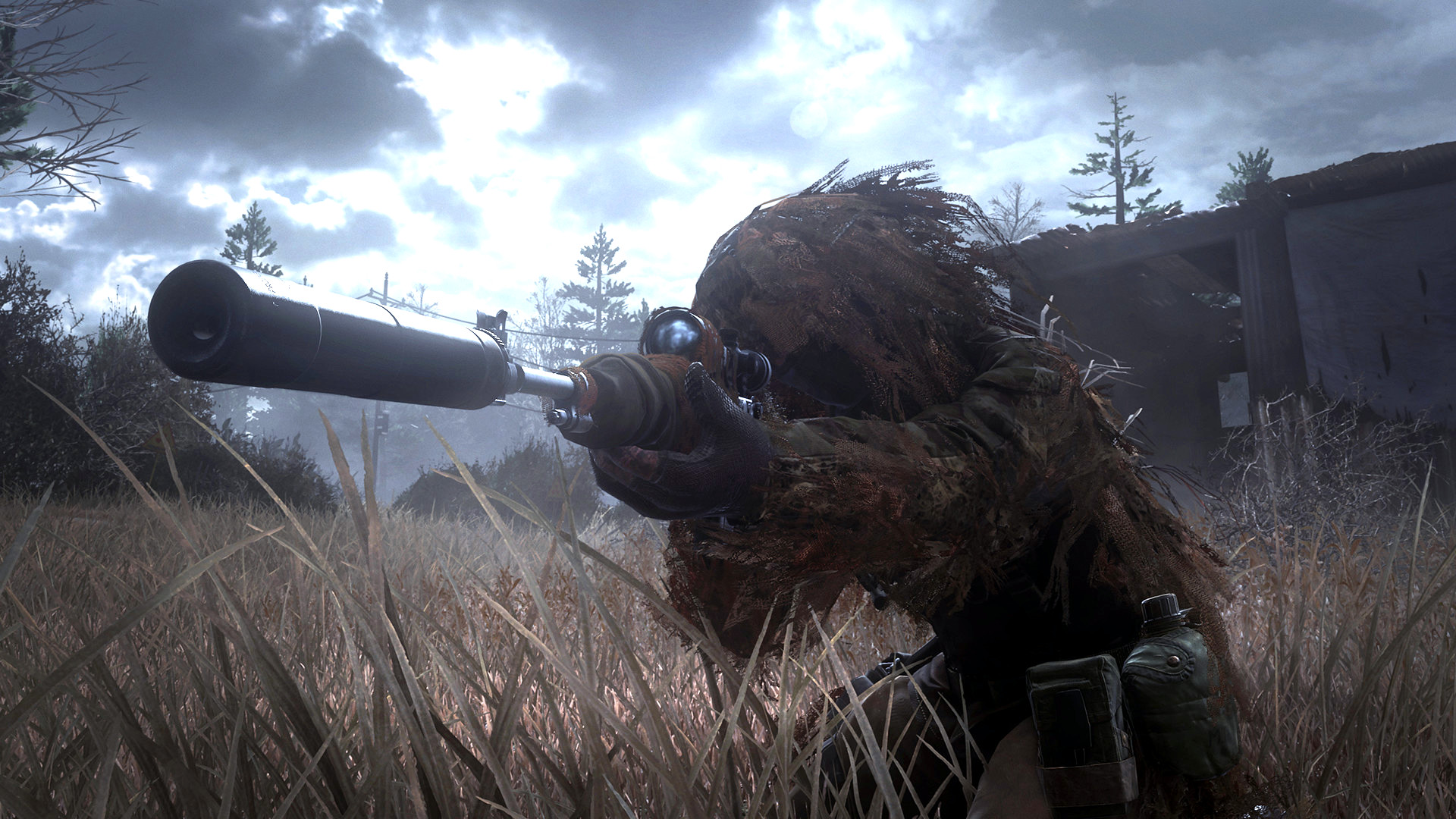
"A good work/life balance is crucial for maintaining quality output," McCoy continues. "I don’t care how talented you are, or how well you think excessive crunch hours have helped you in the past - all the data shows you get less work from each person, and the work you do get is subpar. A good night’s rest and time off to recharge with friends and family are prime ingredients in the recipe for a great game."
It’s clear the pair have learned a lot when it comes to crunch and development. Looking to the future of Respawn, McCoy says that he’ll "take slightly less content or features in a game over excessive hours at the office for the team," and that "without a healthy and enthusiastic development team you can't get great results, and crunch is a quick way to lose both."
Gravity Well Games is ultimately still very much in the planning phase, but it’s clear that McCoy and Shiring have a shared vision, and a plan, for where they want to take their development studio in the next few years. There might not be any solid game news to go on right now, but with two FPS veterans at the helm wanting to try something new and different, it’s hard not to be excited for the possibilities.
For more, check out the best FPS games to play right now, or if you're looking for something new to play right now, why not watch below for our review of The Medium.
Hirun Cryer is a freelance reporter and writer with Gamesradar+ based out of U.K. After earning a degree in American History specializing in journalism, cinema, literature, and history, he stepped into the games writing world, with a focus on shooters, indie games, and RPGs, and has since been the recipient of the MCV 30 Under 30 award for 2021. In his spare time he freelances with other outlets around the industry, practices Japanese, and enjoys contemporary manga and anime.
